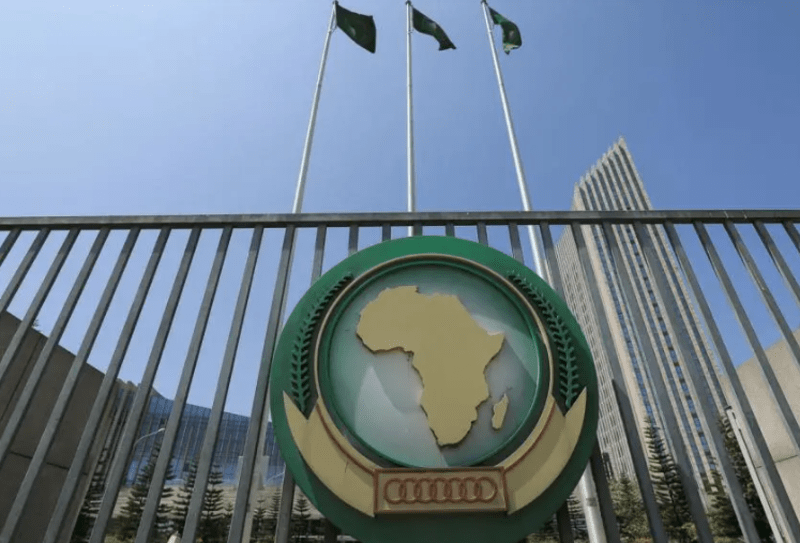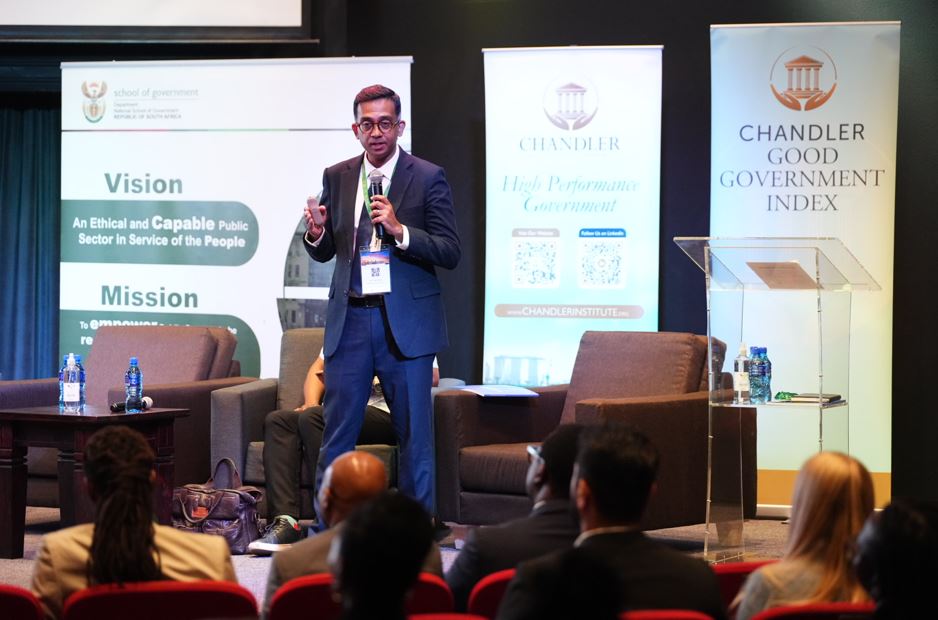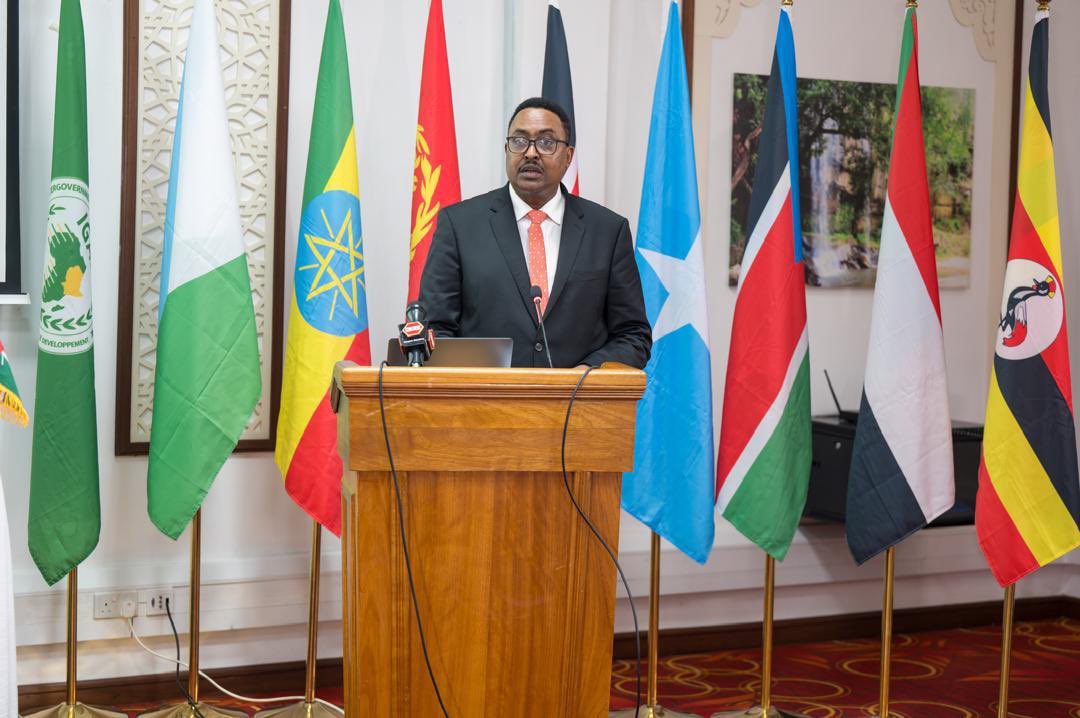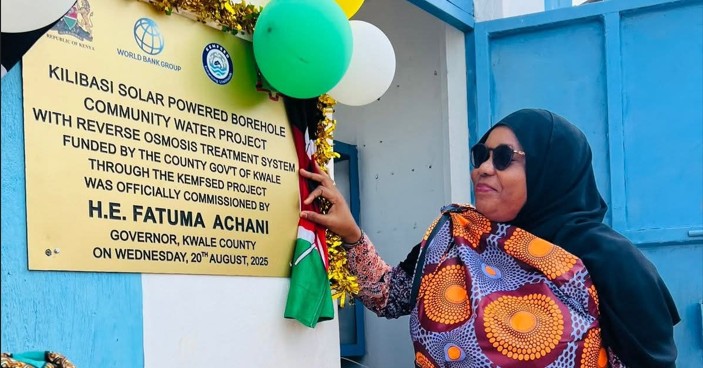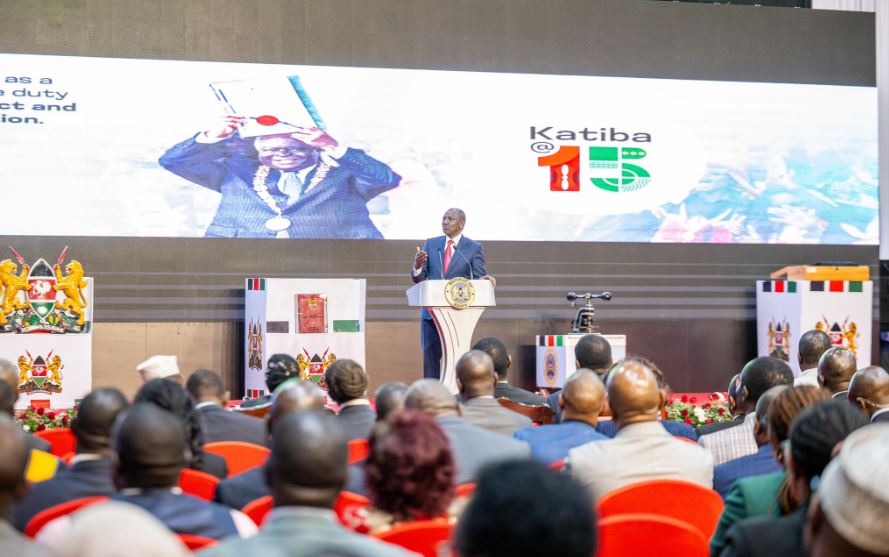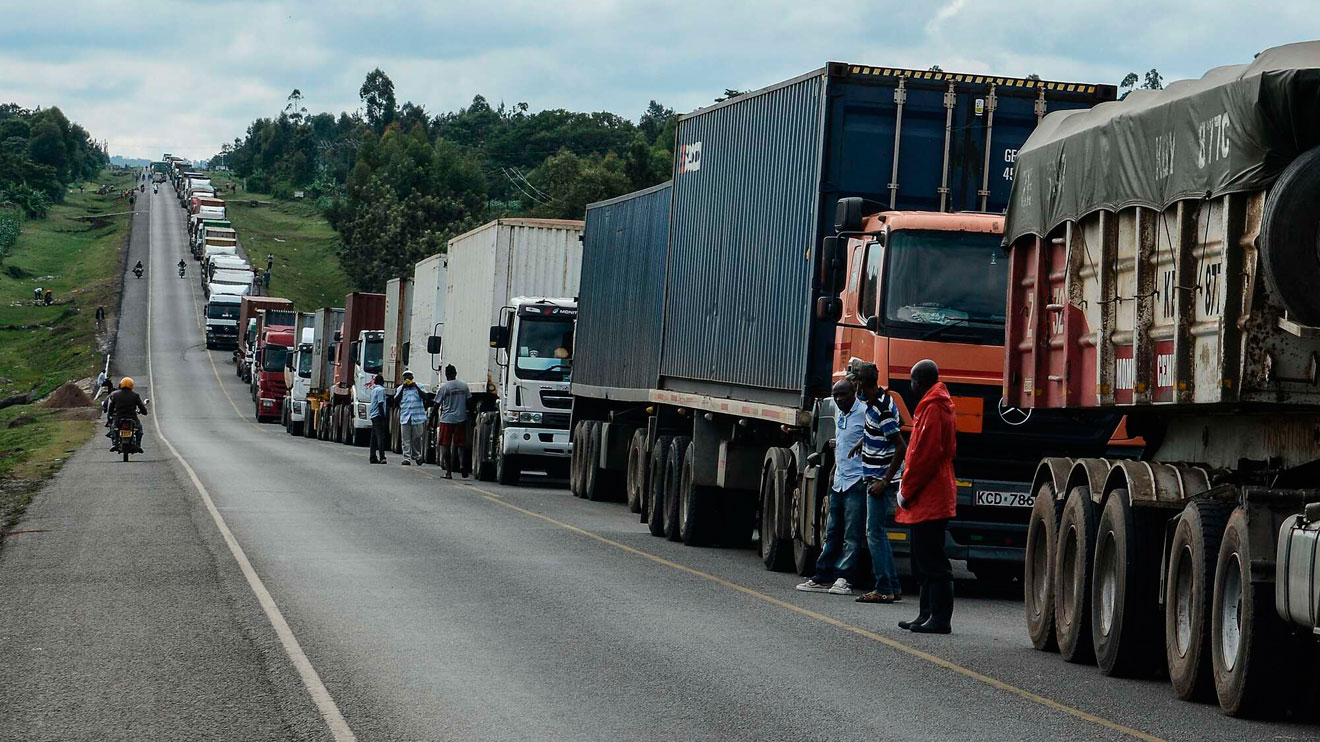Myanmar scam empire thrives despite crackdowns, militias and criminal syndicates shield operations
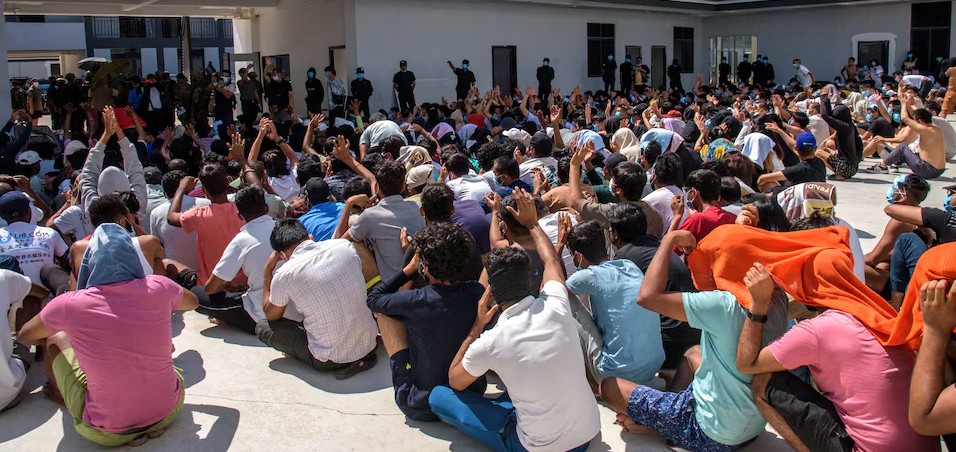
The Global Initiative Against Transnational Organised Crime (GI-TOC) released the report on Wednesday, noting that despite border raids, utility cuts, and high-profile rescues, the multi-billion-dollar empire remains resilient, supported by militias, criminal syndicates, and cross-border complicity.
Crackdowns on Myanmar's booming scam industry have done little to slow its operations, according to a new report.
The Global Initiative Against Transnational Organised Crime (GI-TOC) released the report on Wednesday, noting that despite border raids, utility cuts, and high-profile rescues, the multi-billion-dollar empire remains resilient, supported by militias, criminal syndicates, and cross-border complicity.
More To Read
- How criminal networks use East and Southern Africa as hubs for global smuggling
- Organised gangs from Nairobi slums tied to Gen Z protests, report warns of 2027 election risks
- UN urged to rethink peacekeeping mandates to tackle organised crime in conflict zones
- Ethiopia repatriates 121 citizens from Myanmar scam compounds, over 700 still trapped
- Thousands remain in crisis weeks after deadly Myanmar earthquakes
- Back from hell: Survivor of Myanmar jobs scam returns home with scars, horror stories
For instance, the report highlights that Thailand’s efforts to dismantle scam centres in Myawaddy, a border town, by cutting off electricity, internet, and fuel have yet to succeed.
An attempt by Thai police to secure an arrest warrant for Chit Thu, leader of the Myanmar military's Border Guard Force (BGF) and the primary security partner for Chinese illicit businesses along the Myanmar–Thailand border, also failed.
Targeting Chit Thu could significantly disrupt illegal operations, as his army controls border areas around Myawaddy.
Together with Chinese mafia groups, they operate roughly 40 scam compounds along a 200-kilometre stretch of the border.
"With the scam centres under their control hosting between 50,000 and 100,000 people, these armed groups exploit the Myanmar military's dependencies on them to ensure its ongoing complicity in and protection of the criminal activity," the report says.
High-profile rescue
The think tank cites an earlier incident involving Chinese influencer Wang Xing, who was trafficked into scam compounds along the border, prompting a high-profile rescue.
The BGF and its partner, the Democratic Karen Benevolent Army (DKBA), quickly acted after about 10 per cent of the people in the compounds were transferred to detention facilities pending repatriation.
It explains that released individuals would cross into Thailand only after the Myanmar military informed the Thai government, and a representative from their home country was ready to meet them at the border.
"Thousands of people from 38 countries were then forced to wait in detention while the Thai authorities struggled to manage a global coordination effort. In the process, the DKBA and BGF scored reputational wins, boasting about their 'rescues' and diverting attention to failures of countries to repatriate their stranded nationals. This was happening as most of their victims remained trapped inside scam centres, and as new victims were forced to work in them," the report says.
Challenges escalated when Thai authorities cut fuel exports, which scam centres increasingly relied on after electricity access was severed. Militias and their syndicates then dominated the domestic fuel market. Within weeks, fuel prices spiked in Karen, Mon, and Shan states, pressuring Thailand to resume exports.
Crisis continues
"Today, as efforts to address the criminality surrounding the scam compounds flounder, the crisis continues. There is growing evidence of a hierarchy of scam compounds, with some specialising in sophisticated scams and employing veteran scammers, money laundering services, and grey-area online gambling operations. Others indoctrinate and train new recruits or host newly established scam syndicates," the report states.
The report warns that human trafficking patterns are shifting, with scammers targeting individuals from countries with limited diplomatic or consular support. Over 700 Ethiopian nationals were rescued from Myawaddy scam syndicates, yet it took Thailand months to elicit a response from Ethiopian officials.
Kidnapping for ransom linked to scam centres is also emerging, focusing on Chinese nationals, but with potential expansion to other countries.
"This has been made possible by the emergence of a cottage 'rescue industry', which involves Chinese nationals with close ties to the Myanmar armed groups or key figures in the Chinese mafia serving as intermediaries between these groups and family members of victims. It is estimated that so far in 2025, more than 100 Chinese families have each paid so-called extraction fees of US$30,000–50,000 to have family members released," the report adds.
Moving to remote areas
Scam centre operators are also relocating to more remote areas as international scrutiny rises.
"In Shan and Karen states, access to better-quality satellite internet services and solar energy has enabled them to relocate 100–200 kilometres from the border."
GI-TOC says that bolder action is needed to meaningfully disrupt Myanmar’s scam empire.
"First, international actors, and particularly frontline states like Thailand, need to shift from targeting individual compounds or countries to focus on the broader criminal networks involved. For Thailand, this will involve tackling the problem on all its borders at the same time. The current approach, which pivots from Myanmar to Laos to Cambodia, results in criminals hopscotching across borders and diversifying operations across geographies," the report recommends.
To combat what is becoming a global crime, GI-TOC recommends disrupting vested interests operating along the border.
"One immediate step might be for countries experiencing significant losses to establish a multi-country task force involving law enforcement and consular affairs that can be deployed along borders. Such a group could be tasked with monitoring trends, gathering intelligence from victims and facilitating repatriations."
The report also calls for sanctions against criminal actors and militias.
"While in May the US sanctioned the Karen National Army as a transnational criminal organisation, the majority of the armed groups and Chinese mafia leaders involved have yet to be sanctioned."
Top Stories Today

